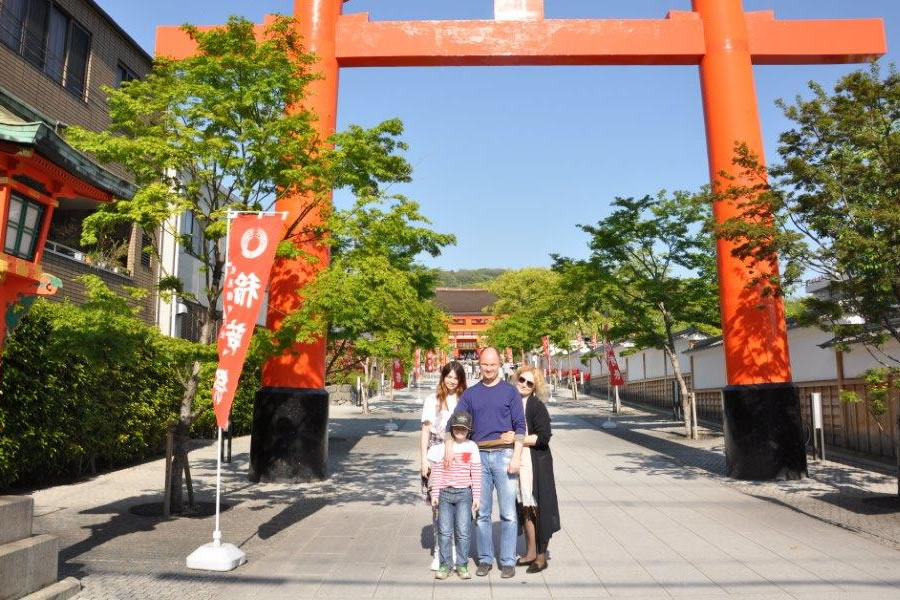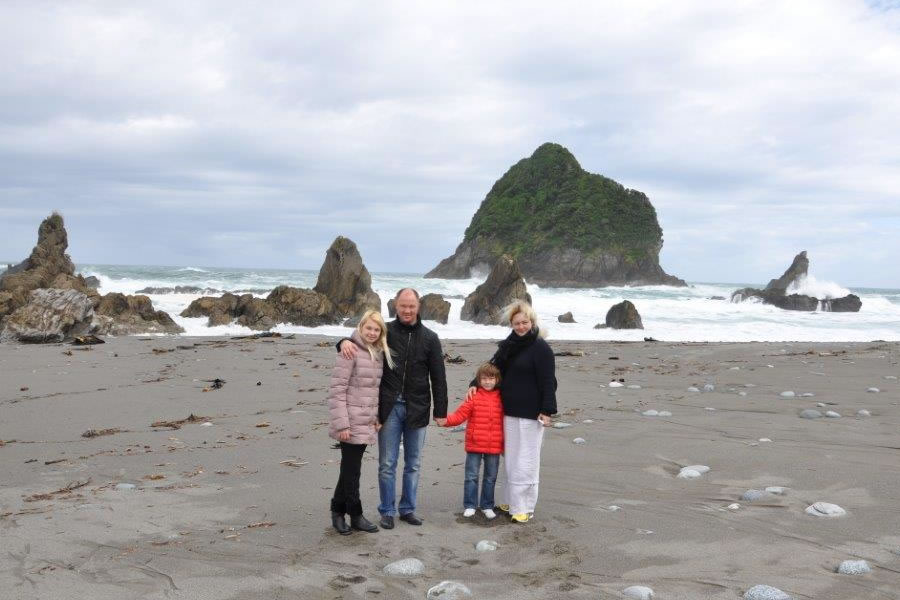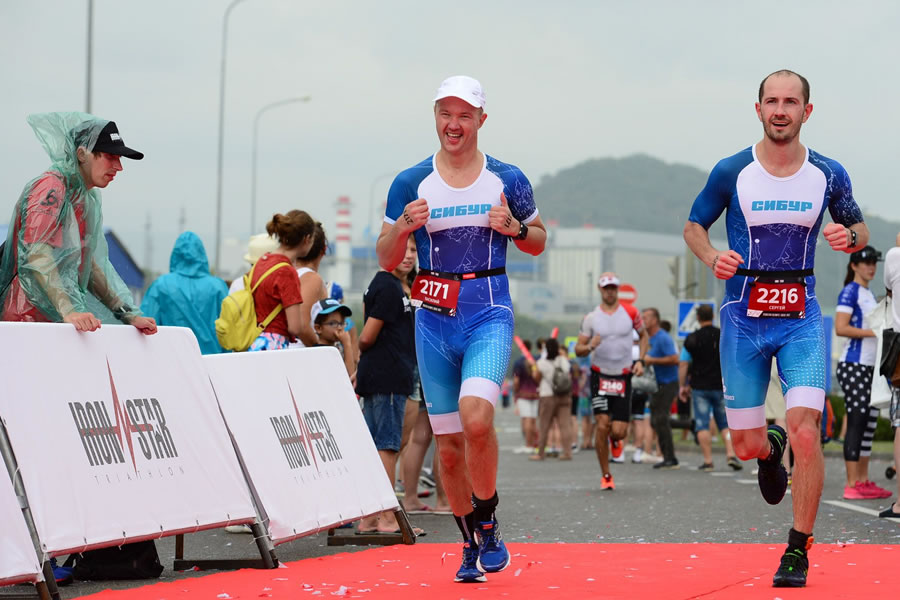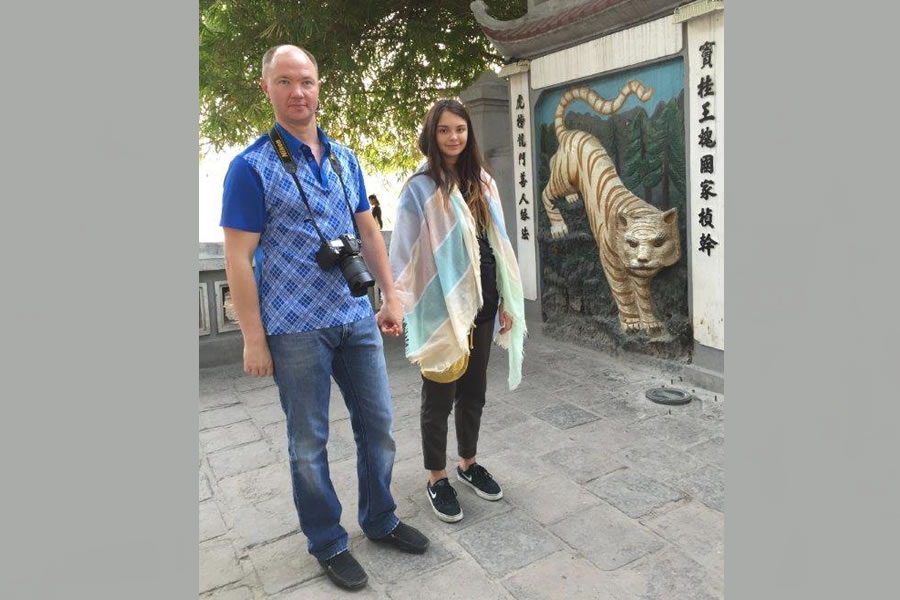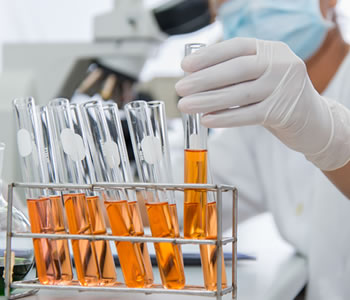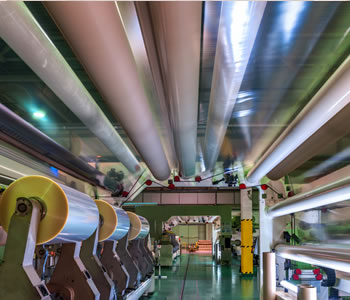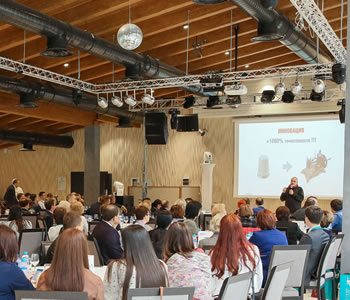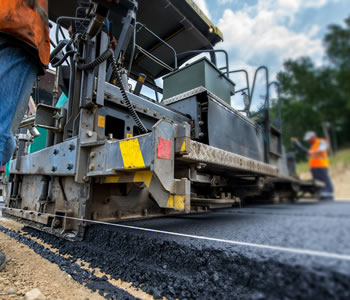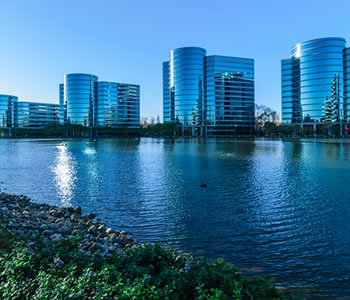Time is precious
To do something exciting in your free time, you must first and foremost find that free time. Given how busy we are, it can be quite challenging. That makes you take a closer look at what time management can offer.
To do something exciting in your free time, you must first and foremost find that free time. Given how busy we are, it can be quite challenging. That makes you take a closer look at what time management can offer. If you do not take care of your e-mails while in a car, or your paperwork while aboard a plane, they will inevitably spill over to the weekend, putting pressure on you and leaving you no chance to get away.
Nowadays, time is precious as never before. Some time ago, people living in different places would travel miles and hours by train to get together. Today, we may be just an hour’s drive away fr om each other, and yet we can hardly spare that hour. So I think one has to cherish the time and make the best of every minute.
Opportunity to choose
I have two kids – a son and a daughter. The latter is a grown-up capable of doing things on her own, while the former needs more attention, as well as time. For example, we are taking him to algorithmics and kids engineering club, let alone chess, guitar and football classes.
But we have never insisted that our children have this or that as their hobby. Instead, we always encourage them to explore various options and pick what excites them most fr om the multitude of choices. This is how I try to do things myself. As a child, for example, I was forced by my parents to take up bayan and volleyball lessons. Having tried that for some time, I confessed it was a no go. And my parents accepted that. There has always got to be freedom of choice. At the same time, you cannot decide whether you like something or not unless you invest some effort.
Passions
I love travelling with my family. Not just to get away fr om the routine of everyday life, as that alone does not excite me, but to learn or experience something new. So the places I prefer do not need to be very exotic. We have thoroughly explored the nearby Russian regions and Europe. Speaking of Europe, it has become rather hard, despite its diverse culture and fascinating history, to find something truly impressive there.
When planning a trip, I focus on making it both interesting and comfortable for my family. At times, while in some European city, I cannot help thinking: “The architecture is very nice, indeed, but I feel like I have seen it before.” This is why now we are looking mostly at places that are more remote. For example, our recent visit to Japan was really exciting. Even though it is a neighbouring country, just at a stone's throw fr om Vladivostok, it offers an absolutely unique atmosphere, culture and people.
Experiences
I travel not only to get new experiences, but also to “feel” the places I am visiting, to become part of them for a while. And I always seek an opportunity to have a swim in some picturesque spot – a mountain lake, for example. I would say I treat such experiences as collectables.
I travel not only to get new experiences, but also to “feel” the places I am visiting, to become part of them for a while.
Yet, one does not have to go far away in pursuit of new discoveries. Once I took part in an exciting cruise called Moscow Circumnavigation, together with my nine relatives. We circumnavigated the capital aboard a small old boat, passing through reservoirs, the Moscow Canal, the Volga, Oka, and Moskva rivers. On another occasion, we decided to travel fr om St Petersburg to Pskov on board a small single-engine plane instead of a conventional train, which added colour to our trip and offered an entirely different perspective of things.
Roots
Also, I would like to mention an expedition to the place wh ere my family came from. It is the birthplace of my grandfather and great-grandfather, who built our family tree, and of all male ancestors up to the mid-1700s. We take root in a very remote Trans-Baikal village, south-east of Chita. Now it is home to about 600 people who are in fact distant relatives sharing a common surname.
During that expedition, I made my family sacrifice a lot of our traditional comfort, I must say. In the end, though, no one regretted it as the feelings and emotions we experienced by getting in touch with our roots turned out to be unforgettable. And, as we found out, my wife's remote ancestors also used to live in that region, in the town of Petrovsk-Zabaykalsky. So we paid a visit to her family home as well, which is a house built by the very hands of her great-grandfather. What is more, initially the number of houses was eight, one for each of his daughters, who received them as dowry upon marriage.
Sport that feels your own
I think health and good shape are not the only things that sports can offer – they can also help you succeed professionally. This is especially true of those kinds wh ere you have to compete against real people, rather than the stopwatch or yourself, beating your personal best. And in no other sports, you feel so happy or upset when you win and lose. I think the qualities developed through sports competition give one courage and determination to overcome difficulties, which is key for succeeding in various undertakings.
There has always got to be freedom of choice. At the same time, you cannot decide whether you like something or not unless you invest some effort.
I have tried a lot of sports like tennis, running, lifting weights, and swimming, but I always seemed to lack motivation to achieve outstanding results. My recent passion is triathlon, and this time things should be different. What I like most about it is the variety of disciplines – running, cycling, and swimming. Besides, triathlon is not only about excelling in each sport, but also about picking the right strategy to achieve ultimate success. And, finally, there is no need to go to the gym to train – you can do it at home or outdoors in the neighbourhood, saving the time you would have spent to reach the gym.
Since I started doing triathlon a year ago, I have competed in two events. The first one was in Annecy (France) wh ere the mountain route was really challenging – its serpentine curves prevented me from showing good performance. My second endeavour, which I liked better, took place in Sochi. One great thing about it was a rolling start instead of a mass start we had in France. There, some 1,200 athletes started all at once, and swam cheek by jowl at least 1 km until the peloton spread out along the shore. My performance in Sochi was loads better than in Annecy. Also, the Sochi event was organised perfectly, and SIBUR's large team stood out from the crowd, not least thanks to our excellent corporate gear and apparel. Next year I am going to come here again to compete, hopefully as part of a large team from SIBUR.
Scientific approach to training
Good performance cannot be achieved through physical exercise only – a scientific approach is needed as well. There is a specially designed stress test wh ere one has to exercise on a treadmill or a stationary bike, with a periodic surge in speed. Every two minutes, one's expired air and blood samples are taken to measure a number of parameters, including lactic acid level in blood. This way, you can find out your maximum aerobic capacity to avoid overexerting yourself and optimise your training schedule. I think scientific methods are what ultimately drives performance, and this is wh ere cutting-edge business technology may some day come in handy. For example, if you apply big data processing to football, you will probably be able to identify attacks that rarely score a goal, and are therefore not worth launching at all. But these things might have some way to go before they reach every sport, and meanwhile we all are welcome to play by conventional rules.
Download PDF

